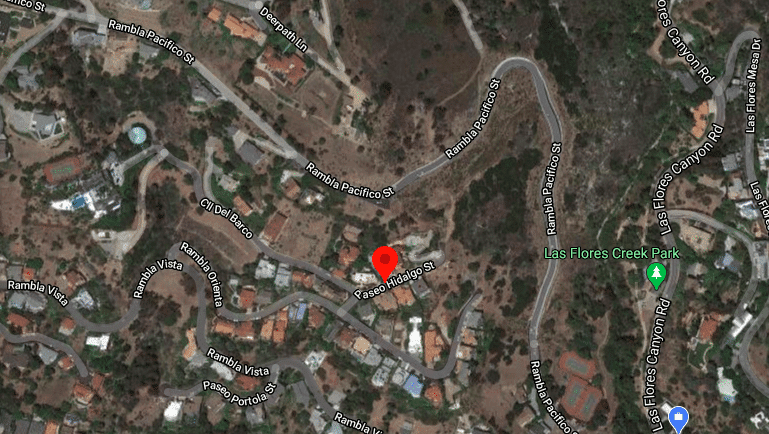They disagreed about whether or not short-term rental owners must tell neighbors within 500 feet or 2,000 feet about the existence of their Airbnbs—if at all. They disagreed about loopholes within the potential short-term rental ordinance. But most everyone at last Thursday, Nov. 5’s city council meeting agreed on one thing: The years of back-and-forth between council members, city staff and Malibu residents had gone on long enough. It was time to pass this thing.
And city council did, 4-0, with outgoing council member Jefferson “Zuma Jay” Wagner abstaining. The long-debated ordinance—which Assistant to the City Manager Elizabeth Shavelson described as “the culmination of years of legislative review” which has “span[ned] well over 10 public meetings”—will now go to the California Coastal Commission for certification, a lengthy process that involves jumping through several hoops. Once it is certified, it will return to Malibu City Council for final adoption and implementation.
In the meantime, an already-adopted “enforcement” ordinance, which does not have to go through the coastal commission, will go into effect on Jan. 15, 2021. This temporary ordinance was city council’s answer to those who called for a swift solution to complaints over raucous rental parties; it is meant to expire once the more heavyweight ordinance, modeled closely on Santa Monica’s already-existing regulations and passed at last week’s meeting, is finally implemented.
Short-term rentals have long brought both tourism dollars and unwanted noise and nuisances to Malibu. Multiple members of the public commented during last week’s meeting that the creation of this ordinance had taken many years; Mayor Mikke Pierson said it first came around when he was a planning commissioner.
Resident Andrew Gombiner requested council hold off on the decision until three new council members—-Bruce Lee Silverstein, Steve Uhring and Paul Grisanti—were installed, replacing Wagner and council members Skylar Peak and Rick Mullen.
“[The ordinance is] not perfect, not clean,” Pierson said in his closing remarks. “It’s time to move it forward … and this city council has worked hard and deserves the right to bring this forward. This is not something to push to next city council. It’s already been discussed ad nauseum by the entire community.”
Both Silverstein and Grisanti voiced their opinions at the meeting.
Silverstein, who “believes [short-term rentals] are unlawful in area-zoned residential and the city has been derelict in its responsibility to enforce the law,” worried that the current ordinance granted short-term rental operators a new right that they do not currently have and which would be very difficult to take back in the future.
Grisanti supported the ordinance.
“It’s taken a long time to get to this point and it would be a shame to start over again and over again and over again for another seven years,” the council member-elect said.
The final version of the ordinance creates two types of permits, “hosted” and “multifamily,” both of which must be renewed annually. The hosted type requires the property owner to live on the rental site and be physically present from 9 p.m. to 6 a.m. The multifamily permit is less stringent, not requiring that the owner live on site. But to offset that leniency, multifamily permits can be revoked after two citations within a 12-month period, while hosted permits can be revoked after three general violations (or two noise violations).
Also in the ordinance are requirements about notifying one’s neighbors, which Colin and Jo Drummond, Malibu residents who said they currently rent out their house while on vacation, protested as invasive and a public shaming tactic.
“We don’t think it’s anyone’s business if you have an STR or not. It doesn’t really matter,” said Colin, who pointed out that neighbors with noise complaints could knock on the door or go to the city or sheriff to complain. “Where else do you see communities requiring notification of what’s going on in someone’s private home?”
Another public commenter, Bill Sampson, not only wanted the notification provision to stay in the ordinance, but to expand it.
“Hey folks, I’m gonna put up a hotel here! I’m gonna have a hotel in your neighborhood,” Sampson mimed. “And that’s what these things are, make no mistake. They are hotels. Maybe they’re small, but they are hotels; they’re gonna be everywhere.”
Those who wish to report a nuisance can do so by calling the city’s Short-term Rental Hotline at 310-456-2489 ext. 308 or email STR@malibucity.org.
More information on the new ordinance or the long-term “hosted” ordinance can be found on the city’s website at malibucity.org/820/Short-Term-Rental-Ordinance.

